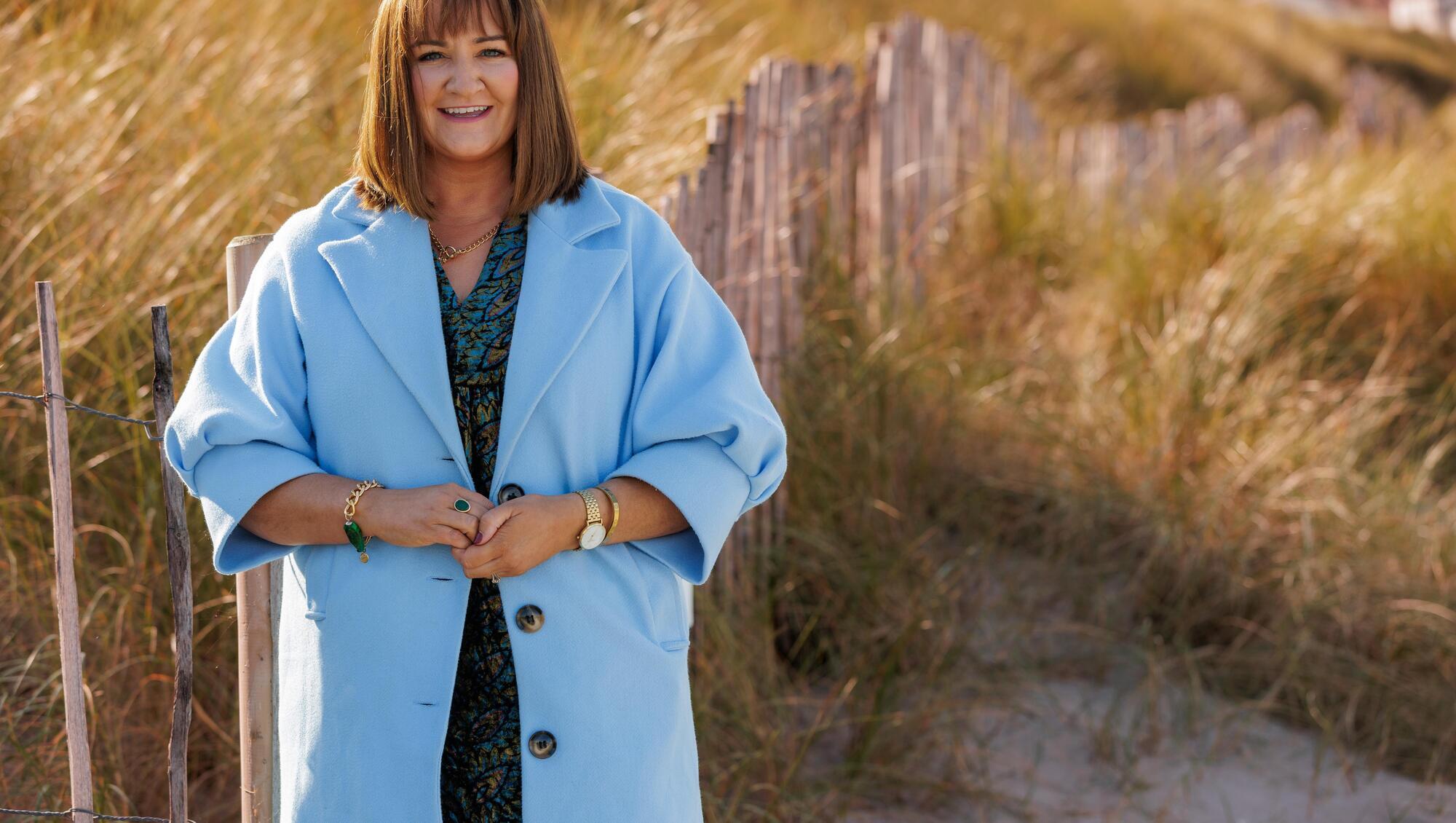Top Stories
Stroke Survivors Share Urgent Recovery Stories, Transform Lives

URGENT UPDATE: Stroke survivors in Ireland are speaking out about their life-changing experiences, highlighting the critical need for awareness and rehabilitation support. As the World Stroke Organisation reports that nearly 15% of all strokes occur in people under 50 years old, the stories of Jennifer Howley and Marc Brady underscore the profound impact strokes can have on young adults.
Just before Christmas in 2015, Howley, then 32 years old, felt something was terribly wrong at her home in Co Sligo. “I couldn’t talk. I couldn’t feel anything,” she recalls. By the time her partner, Brendan, arrived to take her to the hospital, her symptoms had eased, but an MRI revealed the shocking truth: “You’ve had a stroke, actually a pretty serious stroke.”
Discharged on Christmas Eve, Howley faced another ischemic stroke just ten days later. Ischemic strokes account for around 80% of all strokes, caused by clots blocking brain arteries. According to the Irish Heart Foundation, more than one in four stroke cases in Ireland involve working-age individuals.
Before her strokes, Howley had a thriving restaurant business and was living life “at 100 miles an hour.” However, the effects of her strokes led to significant cognitive challenges, including concentration issues and difficulty speaking. “I had a lack of awareness of danger… You could find anything in the fridge,” she admits.
Howley received vital support from Acquired Brain Injury Ireland (ABII). Following their advice, she moved in with her sister to ensure she was not alone during the day. After six months in a transitional living unit and undergoing 12 weeks of intense rehabilitation, she began her journey back to normalcy.
Now 42 years old, Howley is married and has a one-year-old son, Lorcan. Her perspective on life has shifted dramatically. “It was the best and the worst thing that happened to me in my life,” she reflects. “What I’ve learned is that work is not the priority. Your family comes first.”
Brady’s experience mirrors Howley’s. At just 30 years old, he suffered an ischemic stroke in January 2023, resulting in temporary paralysis on his left side. Alone for nearly 24 hours before help arrived, he recalls, “I vaguely knew who they were, but couldn’t remember their names.”
Diagnosed with atrial fibrillation and heart failure—major risk factors for strokes—Brady reflects on missed warning signs. “I was lightheaded, but I just put that down to doing too much.” His recovery involved medication and ongoing support from the National Rehabilitation Hospital and ABII, focusing on cognitive training.
Brady describes his stroke as a “blessing in disguise,” helping him appreciate life more deeply. “When your memory and concentration are taken and you’re lucky enough to get them back, you’re a lot more grateful,” he says.
Experts like Noel Caplice, professor of cardiovascular science at University College Cork, warn that rising stroke rates among younger adults are linked to stress, long working hours, and lifestyle choices. “Try to consume a Mediterranean diet and reduce alcohol,” Caplice advises. He emphasizes the importance of monitoring blood pressure, as 20% of patients only show high readings at night.
The CEO of ABII, Karen Foley, highlights the visible and hidden impacts of strokes, noting that almost half of last year’s referrals to their services were stroke-related. “With the right support, people can rebuild and live full and meaningful lives,” she states.
Recognizing stroke symptoms is crucial. Remember the acronym FAST: Face drooping, Arm weakness, Speech difficulties, and Time to call emergency services. Awareness can save lives.
Both Howley and Brady’s stories illuminate the urgent need for awareness and support for stroke survivors, especially among younger adults. Their journeys remind us that recovery is possible, but it requires community, understanding, and a renewed focus on health.
For further information on stroke awareness and support, visit www2.hse.ie/conditions/stroke.
-

 Top Stories3 months ago
Top Stories3 months agoTributes Surge for 9-Year-Old Leon Briody After Cancer Battle
-

 Entertainment4 months ago
Entertainment4 months agoAimee Osbourne Joins Family for Emotional Tribute to Ozzy
-

 Politics4 months ago
Politics4 months agoDanny Healy-Rae Considers Complaint After Altercation with Garda
-

 Top Stories4 months ago
Top Stories4 months agoIreland Enjoys Summer Heat as Hurricane Erin Approaches Atlantic
-

 World5 months ago
World5 months agoHawaii Commemorates 80 Years Since Hiroshima Bombing with Ceremony
-

 Top Stories3 months ago
Top Stories3 months agoNewcastle West Woman Patricia Foley Found Safe After Urgent Search
-

 Top Stories5 months ago
Top Stories5 months agoFianna Fáil TDs Urgently Consider Maire Geoghegan-Quinn for Presidency
-

 World5 months ago
World5 months agoCouple Convicted of Murdering Two-Year-Old Grandson in Wales
-

 World5 months ago
World5 months agoGaza Aid Distribution Tragedy: 20 Killed Amid Ongoing Violence
-

 World5 months ago
World5 months agoAristocrat Constance Marten and Partner Convicted of Infant Murder
-

 Top Stories4 months ago
Top Stories4 months agoClimbing Errigal: A Must-Do Summer Adventure in Donegal
-

 Top Stories4 months ago
Top Stories4 months agoHike Donegal’s Errigal Mountain NOW for Unforgettable Summer Views









